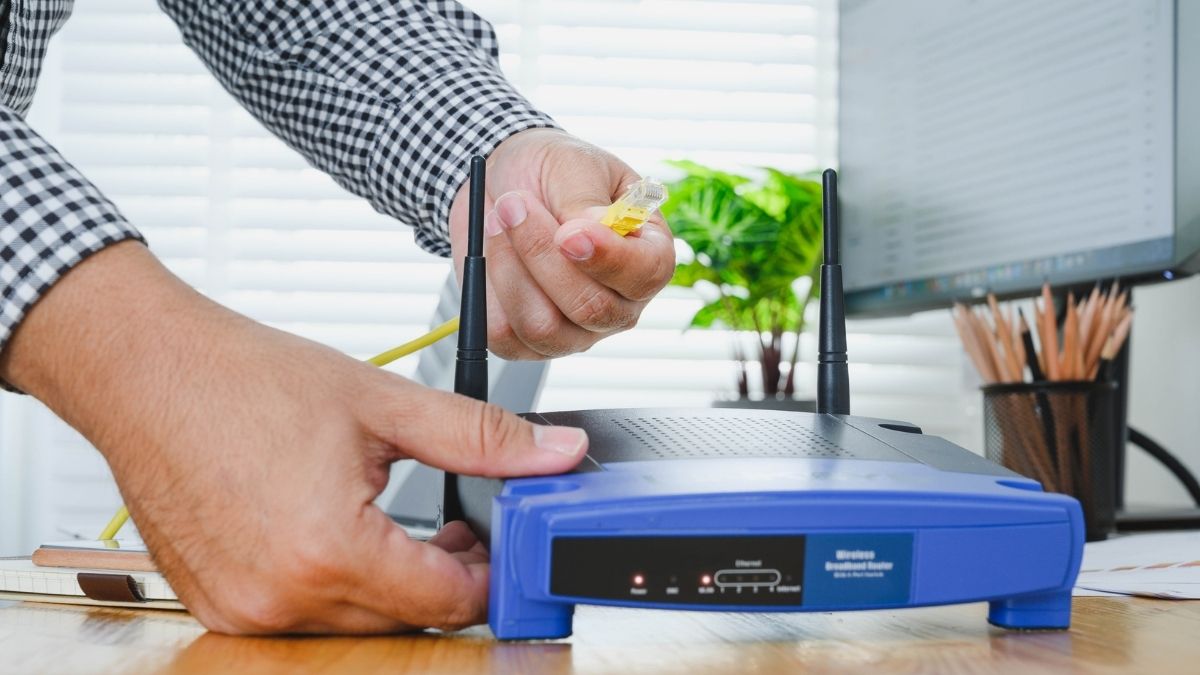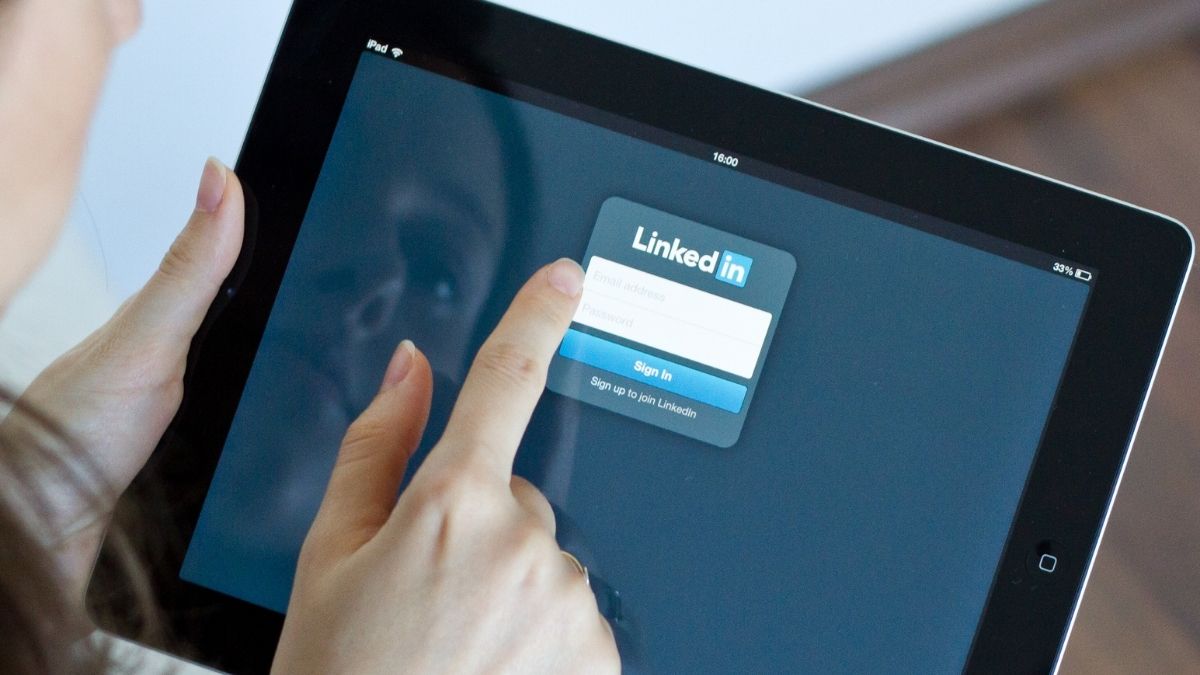For antivirus software, I trust and recommend TotalAV. Go to protectwithkim.com for more information.
A VPN isn't just for your computer - Here's why you need a VPN on your router, too
If you aren’t protecting your router, you’re exposing a weak spot for cybercriminals to strike. Don’t be like the millions of people using outdated routers or weak default passwords. That’s right: A study from Comparitech found that one in 16 home Wi-Fi routers use their manufacturer’s default admin password.
If you’re reading this and just realized you never gave your router a unique password, do it ASAP. Some websites provide every manufacturer’s default password. A hacker can find that default password quickly, break into your router and infect your home network.
Once you create a strong password for your router, just know you aren’t entirely in the clear. Next, you need to install a VPN on your router. Here’s what you need to know, brought to you by our sponsor, ExpressVPN.
How a VPN router works
A VPN router gives you the privacy, security, and location-changing benefits of a VPN right on your router. This means all the devices in your home can use a VPN — no apps are needed. Here are some specific benefits.
- IP and location changes. Your devices get a different IP address, concealing your real IP. This also lets you appear to be in a location of your choice.
- Strong encryption. All your online traffic is encrypted, so third parties like your internet service provider cannot see what you’re doing online.
- Protects all devices. A major advantage of a VPN router is that it extends the benefits of a VPN to devices that can’t normally install one, such as smart doorbells.
Choosing a router
If you’re not in the market for a new router, make sure your VPN can connect to the one you have. Just head to your VPN’s website and research router connections. For example, if you’re using ExpressVPN, here’s a list of compatible routers, along with steps to download ExpressVPN onto the router or manually install the software.
If your router is slow and outdated it might be time to upgrade. Here are four things to keep in mind when looking to buy a new router:
- Compatibility. If you plan to install VPN software on your new router, you must choose one that is compatible with your VPN.
- Ease of setup. You can buy a router and manually set it up, or get one that comes pre-configured with a VPN to avoid the hassle.
- Speed and bands. The newer your Wi-Fi technology, the more powerful its speeds and coverage.
- VPN features. If you’re buying a router with VPN preinstalled, look at the VPN service’s features.
That’s not all ExpressVPN can do for you
Big tech corporations are supposed to safely handle our personal online data, but now they’re getting into the political game. I don’t want to be a part of that, nor should you. That’s why I trust and use ExpressVPN.
Do you need antivirus software? Yes! Check out Kim's pick

With all the cybercriminals and digital threats, you shouldn’t pinch pennies when protecting your devices. Using free antivirus software can actually put you at risk. You need smarter, more robust tools to combat increasingly sophisticated hackers and scammers.
Cybersecurity tip brought to you by TotalAV
I got this question a lot after yesterday’s top story: “How do I know Incogni works?” Friend, don’t just take my word for it. They’ll give you your money back if you’re not happy within 30 days. If you were on the fence, this is your sign to try Incogni now for 60% off.
Pro tip: How to securely share passwords
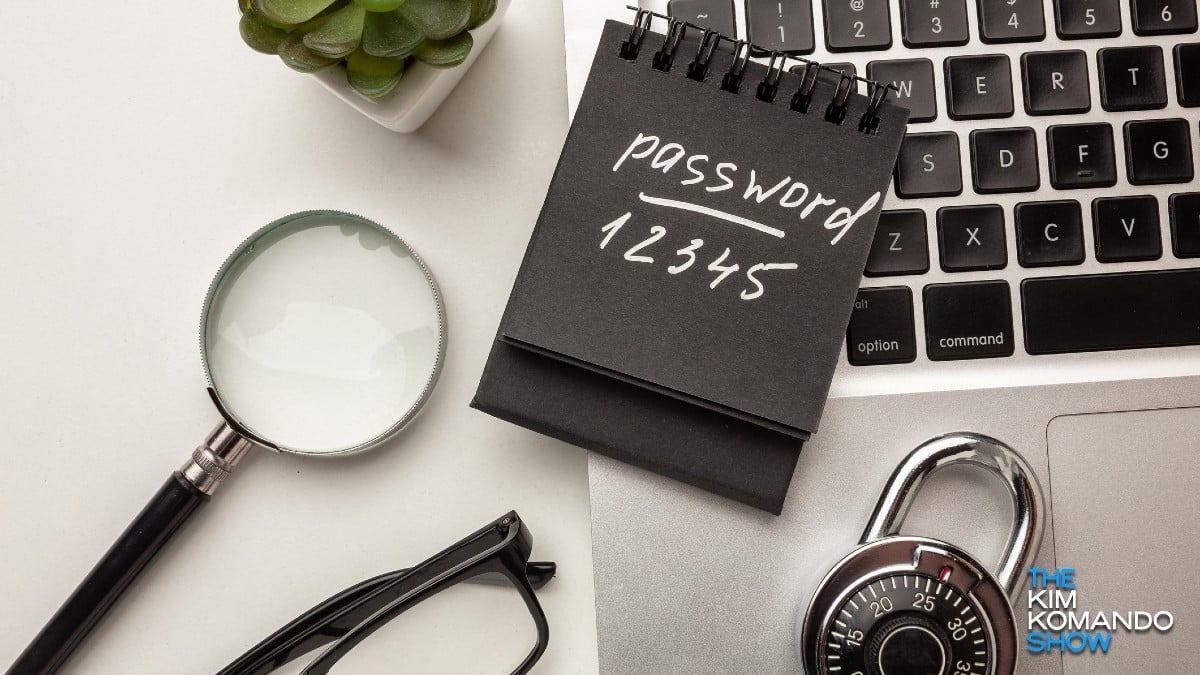
Any regular visitor to Komando.com knows never to share passwords. While that’s true in general, password sharing is sometimes necessary. You have to be careful and do it the right way.
Essentially, it all comes down to using the right password manager. Keep reading for more details.
Scummy data brokers caught selling military secrets — and your data, too
Data brokers are the companies that make billions of dollars gathering up, then selling or sharing our data. It’s used for everything from targeted ads (that’s how they knew you drive a Subaru) to spam (and why you get so many bogus phone calls).
How to delete yourself from the internet
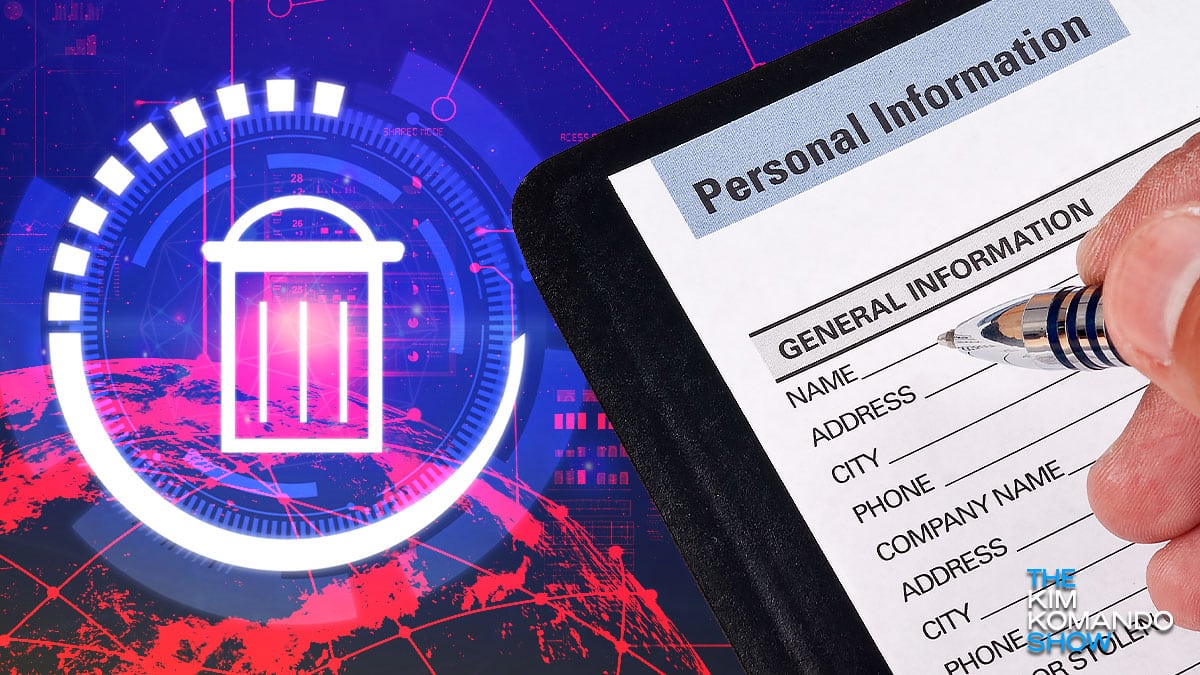
I feel lucky to have the job I do. Every day, I help folks stay up to date on tech and help solve all those digital-life problems Google just can’t answer.
And after all these years, I’ll toot my own horn a little and say there’s not much that stumps me anymore. I did get a question recently, though, on my daily podcast that had a not-so-happy answer.
LinkedIn features you should start using
LinkedIn is one of the biggest social media sites for professionals. If you want to reconnect with old coworkers or find new jobs, it’s the place to be. Users love its many features, especially the profile page you can use to brag about your accomplishments.
Job hunting on LinkedIn? Change this setting to keep your searches private

LinkedIn has become quite the powerhouse since its launch in 2003. What began as a platform to connect with other professionals has expanded into a revolutionary workspace for building partnerships, hiring new talent, and finding rewarding new jobs.
How to remove yourself from US Search
Like it or not, your personal information is online for anyone to find. This can include your full name, address, phone number, police record, employment information and more. People search sites scrape this information from public records, court records, social media and other sources.
5 smart, simple tech changes to make 2024 better

New year, same you. And that’s OK! You don’t need to makeover your entire life to have a good 2024.
But I can tell you firsthand it’s totally worth it to spend a few minutes cleaning up your tech life. Keep reading for steps to banish junk mail, make your phone less annoying and improve your cybersecurity. You got this!
Privacy how-to: Remove yourself from people search sites the easy way
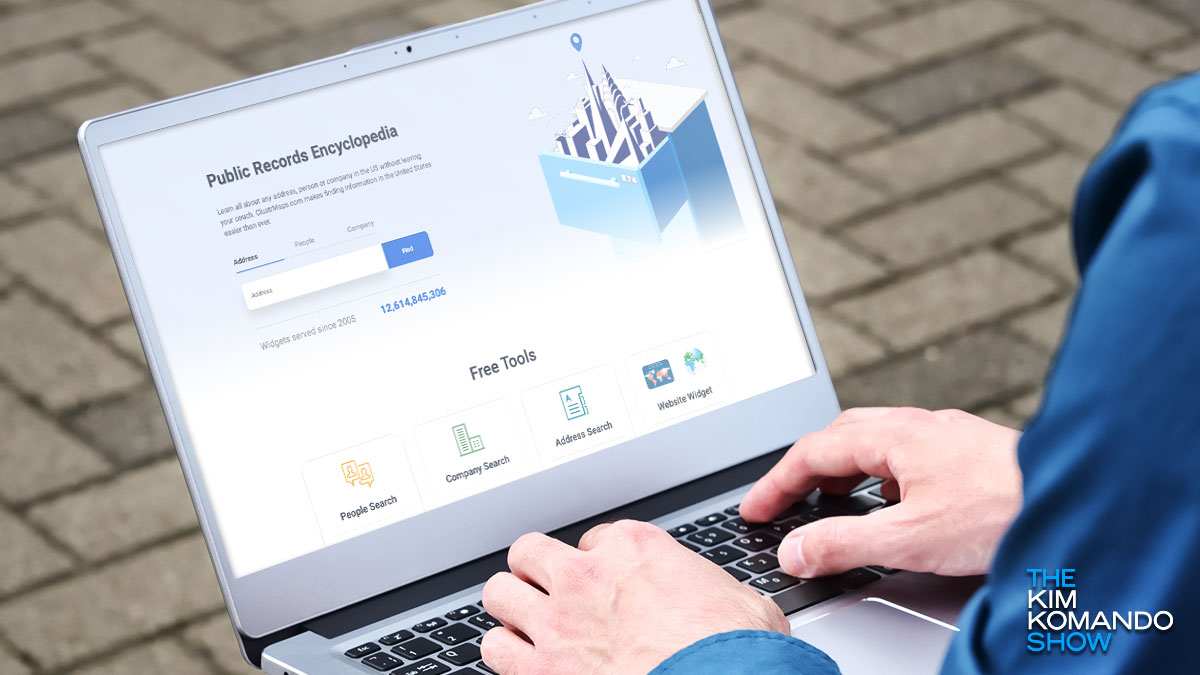
Data brokers and people search sites are more than just a nuisance; they’re a downright menace. I’ve been sounding the alarm on these digital peeping Toms for years.
Imagine a vast web of data brokers lurking in the shadows, all with one goal: To mine and sell your personal info to anyone flashing cash.
Take back control of your online privacy
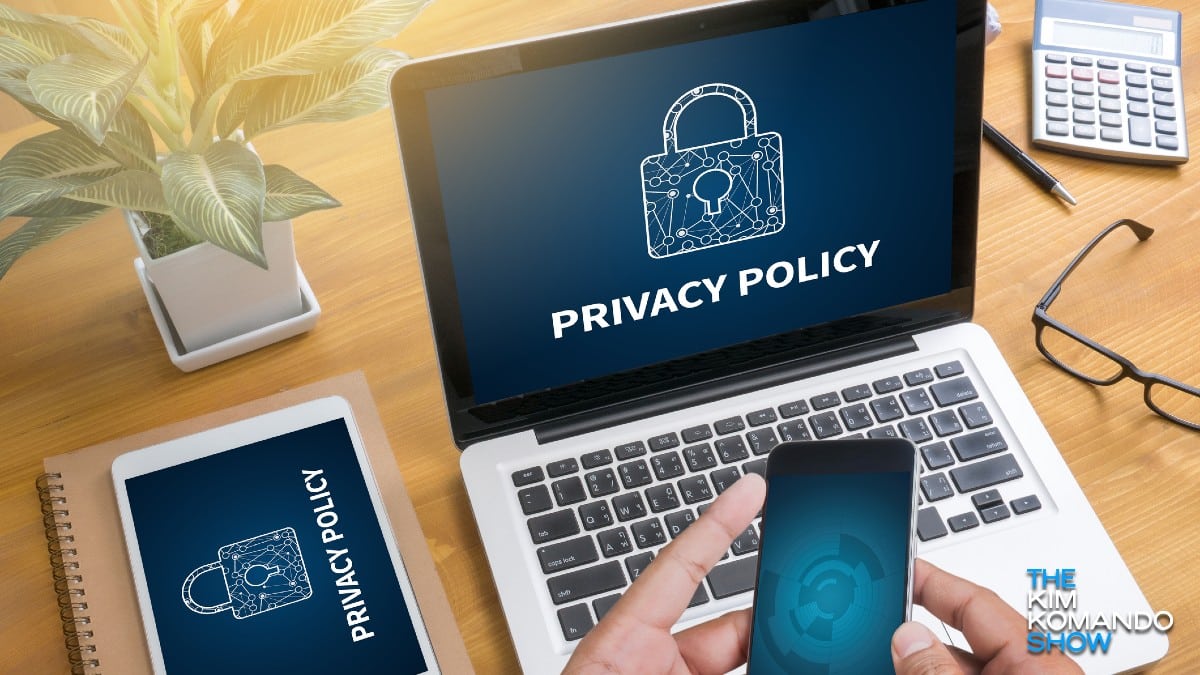
Newsflash: Your data is constantly being collected and sold. “Gee, thanks, Kim. I know,” you might be thinking. “What do I do about it?” Lucky for you, I spend a lot of time trying to answer that exact question.
If you’re tired of spam calls, unwanted emails and that nasty feeling of always being tracked, keep reading. I’ve got a simple way to take a massive chunk out of this data collection mess, thanks to our sponsor, Incogni.
Simple digital privacy step everyone should know about
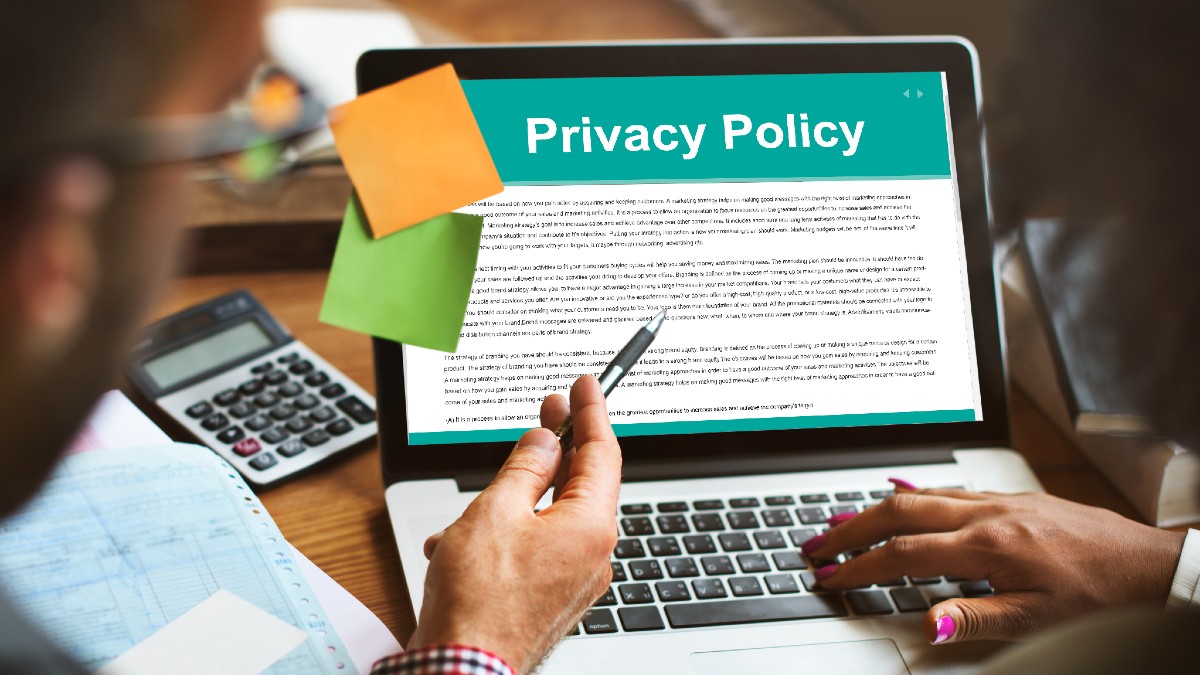
Data brokers, people search sites and online background check services, oh my. At the end of the day, they all do the same thing — scoop up your personal info and sell it to anyone interested. Marketers are at the top of the list, but scammers can also find your information this way.
Opt-Out Tuesday: How to remove your info from FamilyTreeNow

People search sites collect your information from publicly available sources and offer it to anyone interested, including thieves and scammers. There are countless sites like this. So, how do you protect your data? You need to remove it.
The best 3 minutes I spent on privacy in 2025

I know, big statement, right? But stay with me.
I’ve been talking about people search sites for years. Heck, I did a whole series of articles on how to remove yourself from them.
Your personal info is all over the internet - 3 ways to remove it
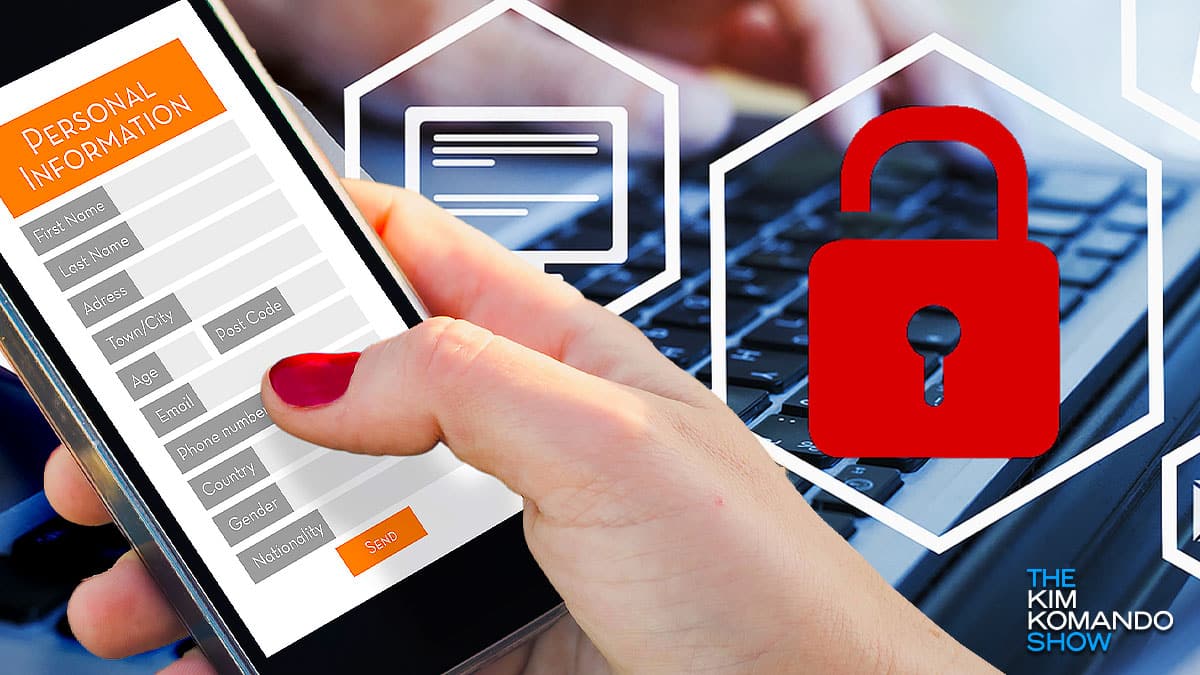
Whether you know it or not, your personal and private information is all over the internet. You don’t need to be active on social media or forums. Much information comes from publicly available sources such as court records and your online accounts (active or otherwise).
Removing your info from the web takes forever - Unless you do this
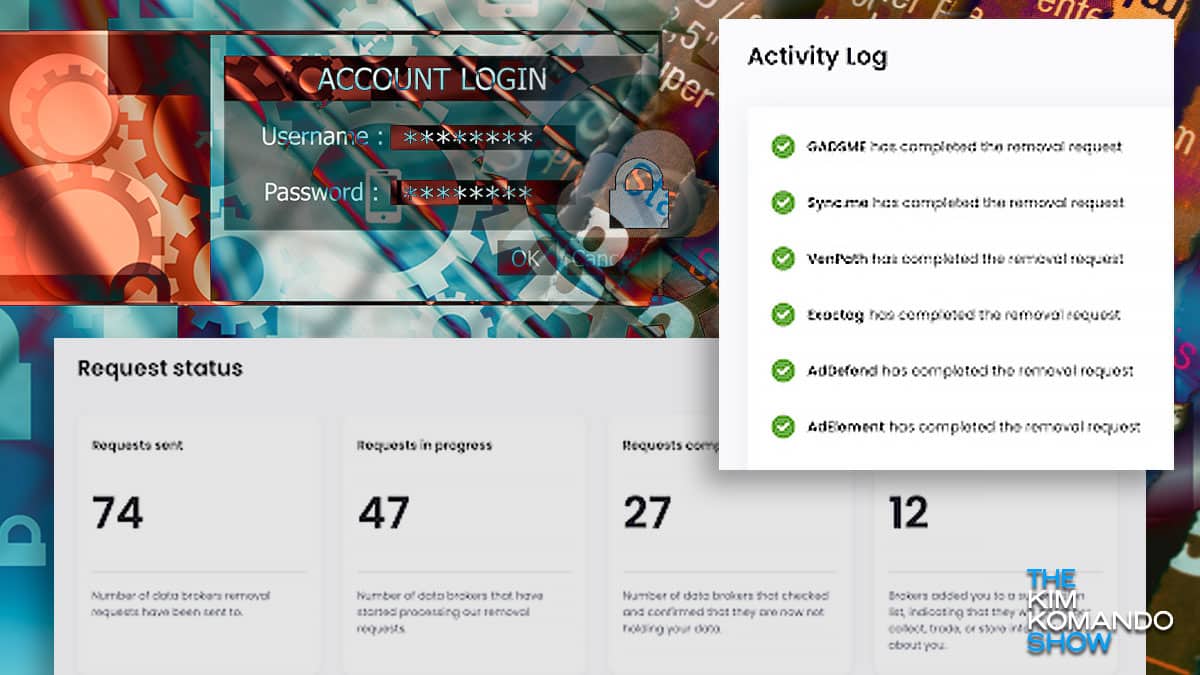
I’ve warned you about all the scummy sites that collect your personal details for years. I’ll never forget, not too long ago, when my son Ian asked about a house I lived at in my 20s. I couldn’t remember where it was.
How to make sure emails you want to see don't end up lost in spam

Have you ever felt like spam is that one friend who just can’t take a hint? You know, the one who keeps inviting you to their pyramid scheme parties? Out of nowhere, your inbox is flooded with offers of “get rich quick” pitches. Some email providers block these kinds of messages before they cause trouble.
5 steps to make sure hackers cannot access your home network and files
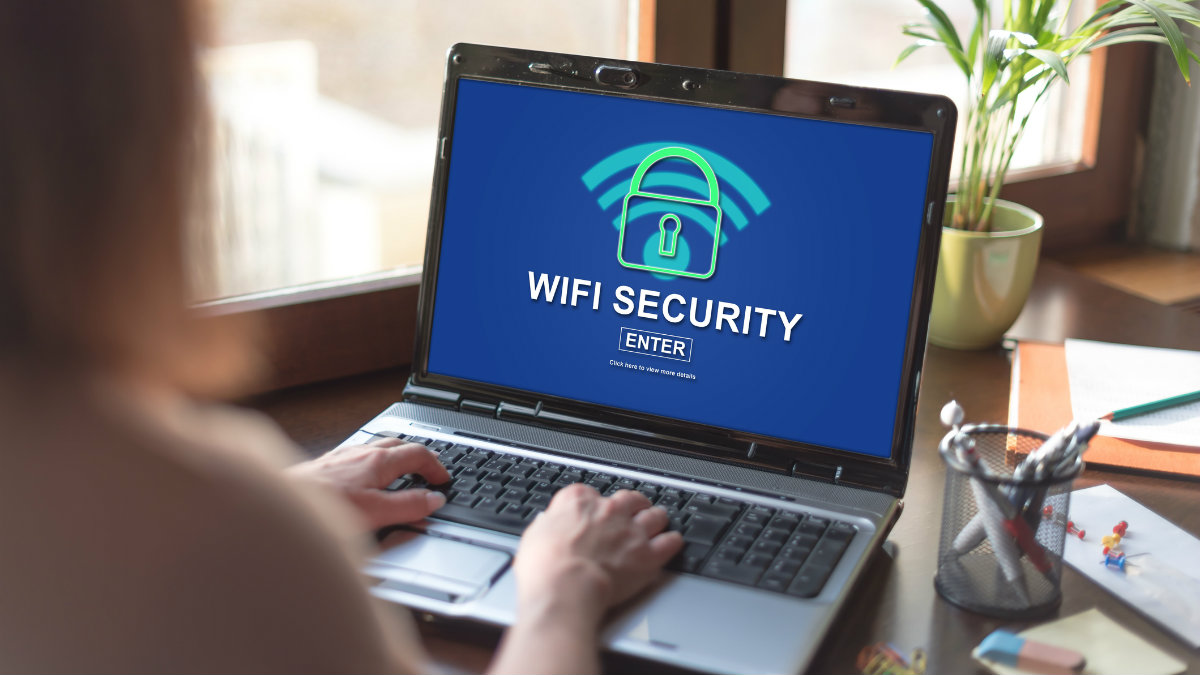
Hackers may have already compromised your network. Tap or click here for a free test to see if your router has been hacked. Keep reading for ways to protect your system from hackers.
This tip is brought to you by our sponsor, ExpressVPN. Protect your privacy. Get three months free when you sign up for one year at ExpressVPN.com/Kim.
